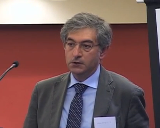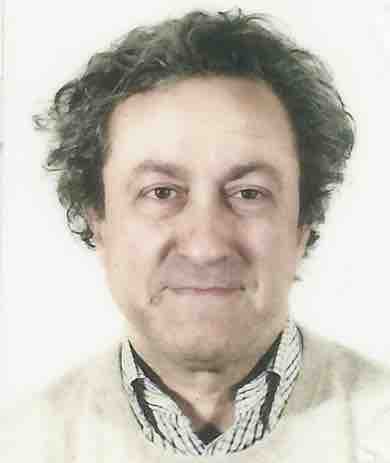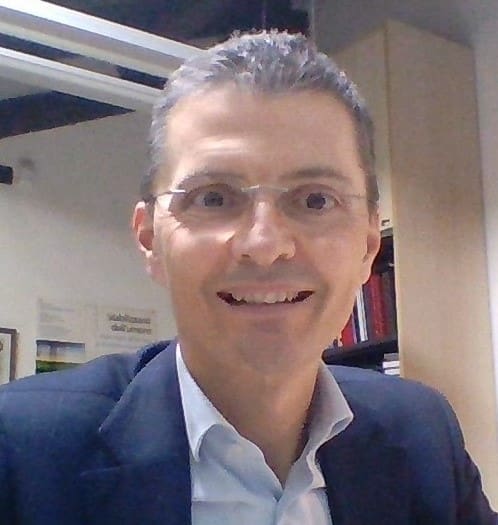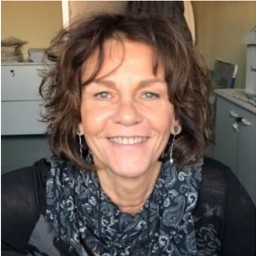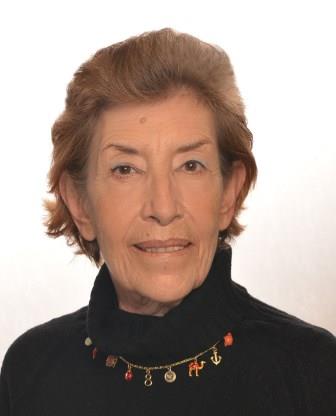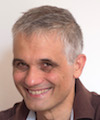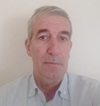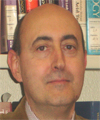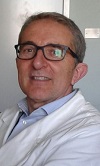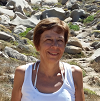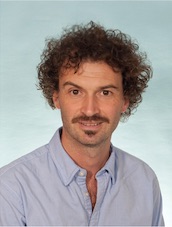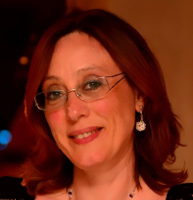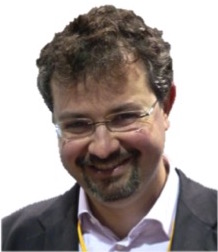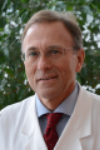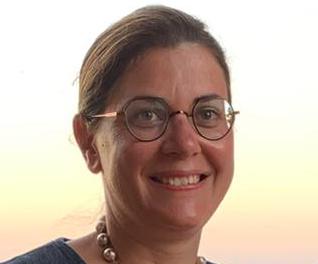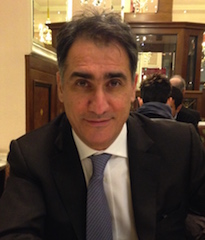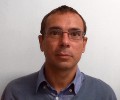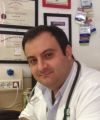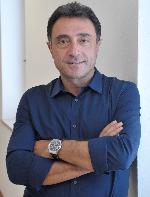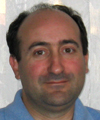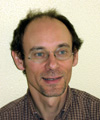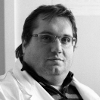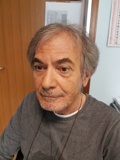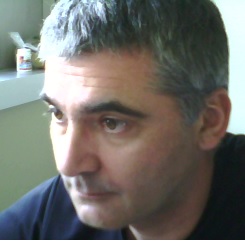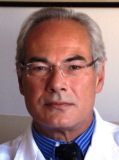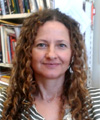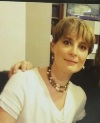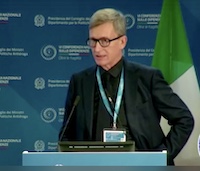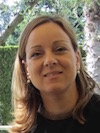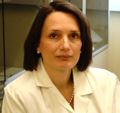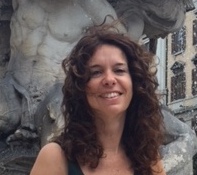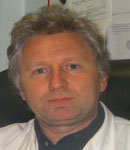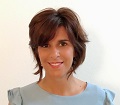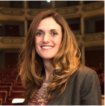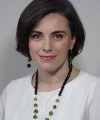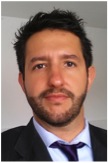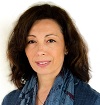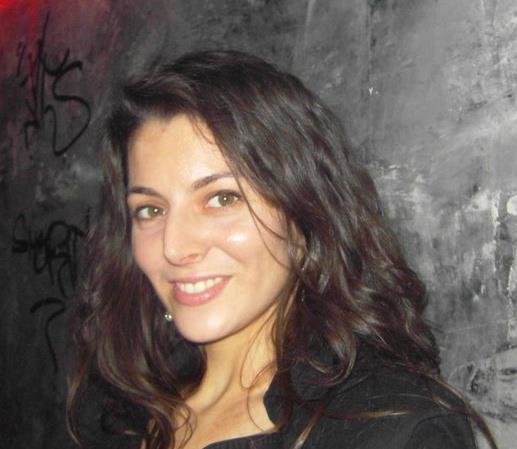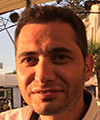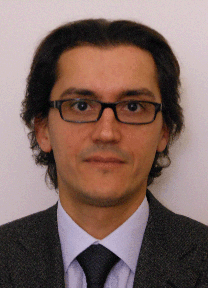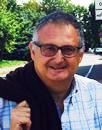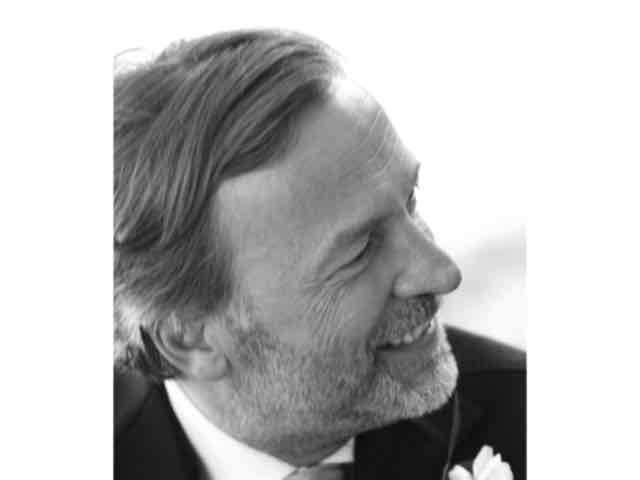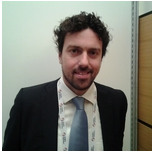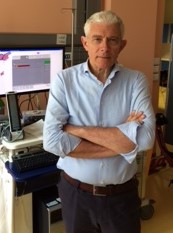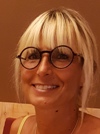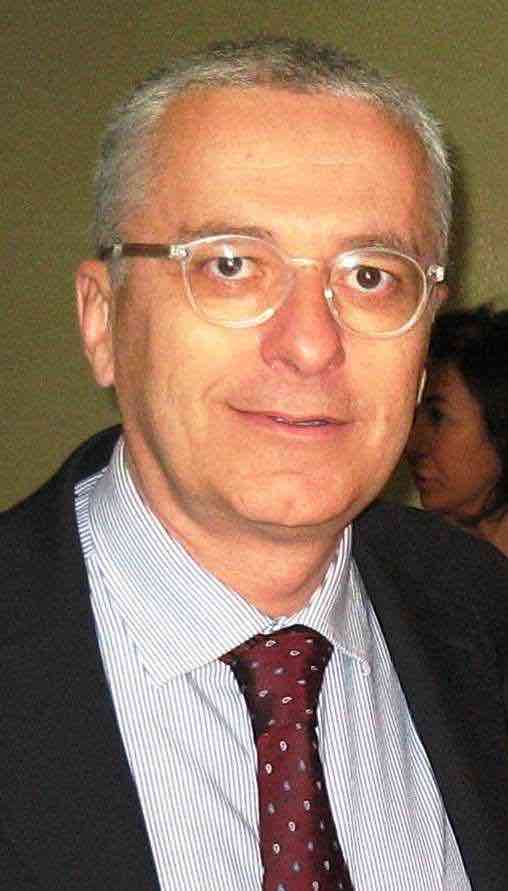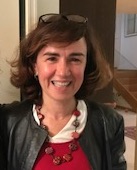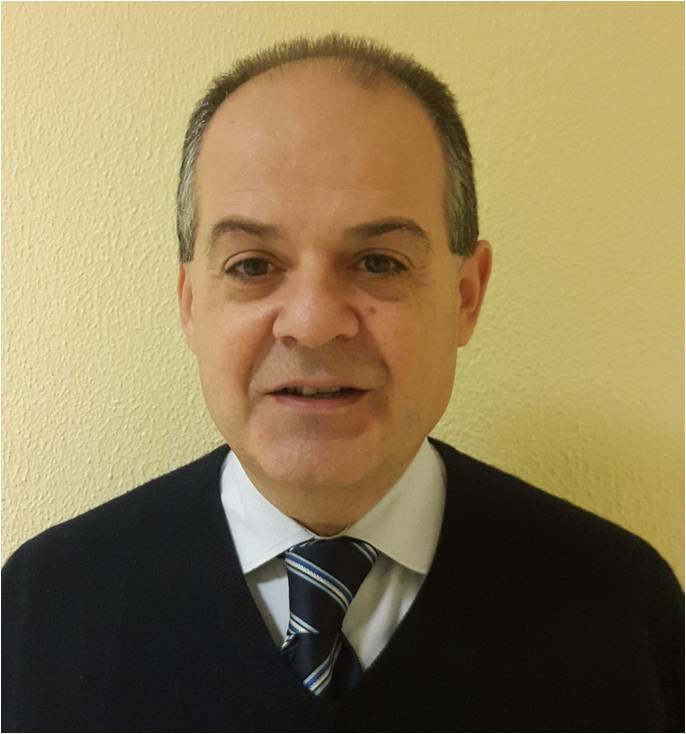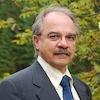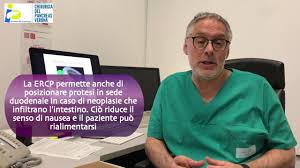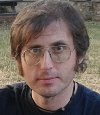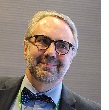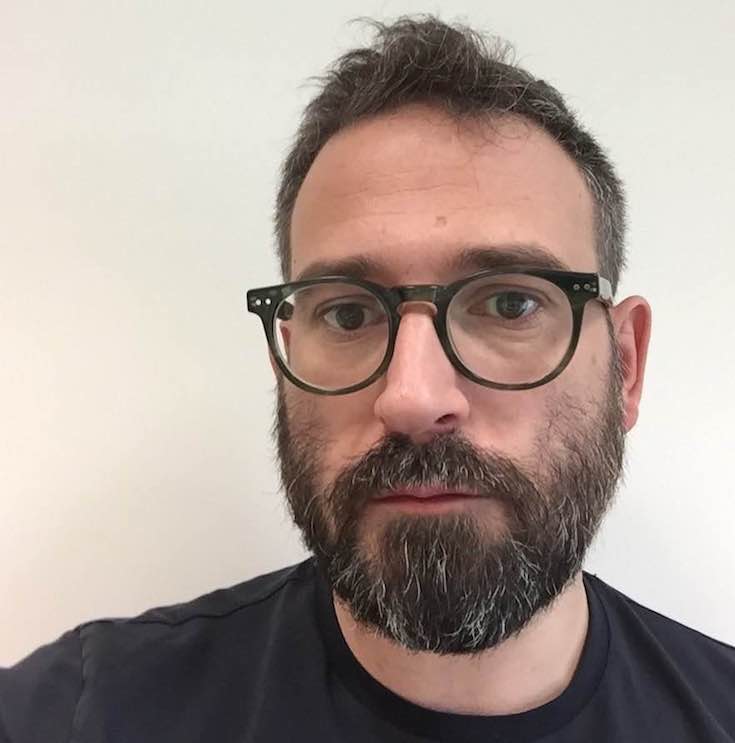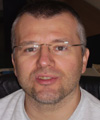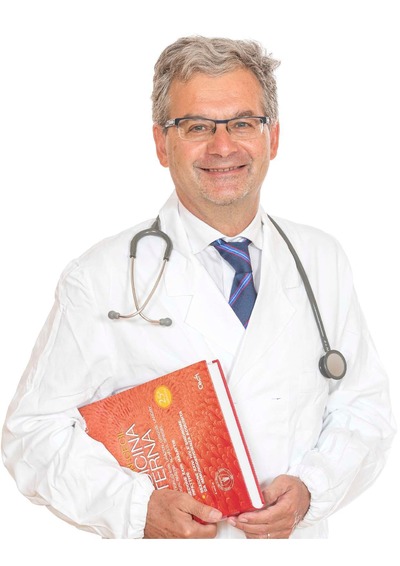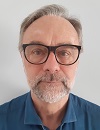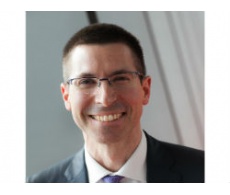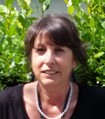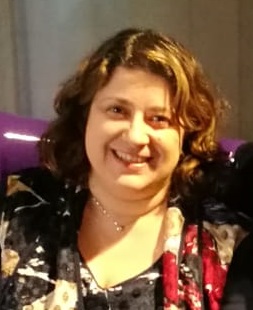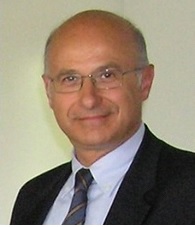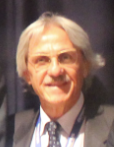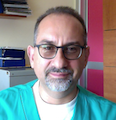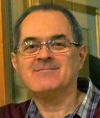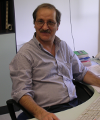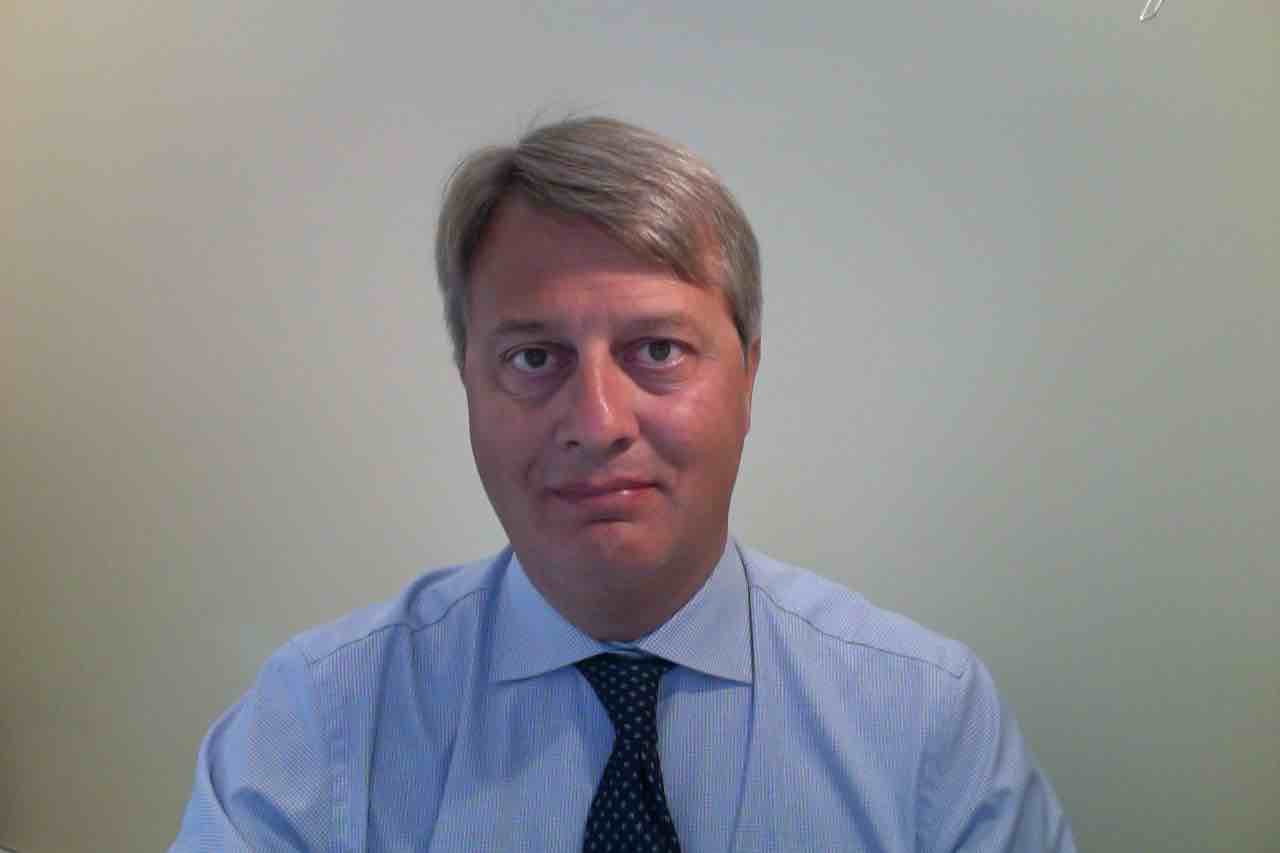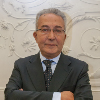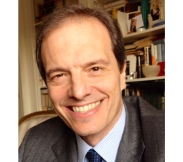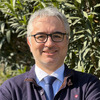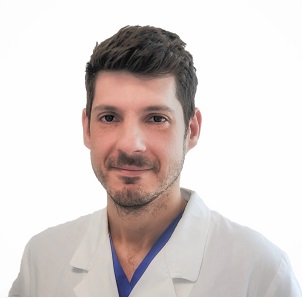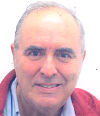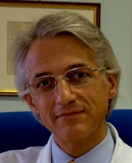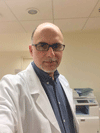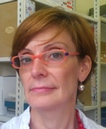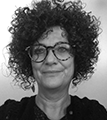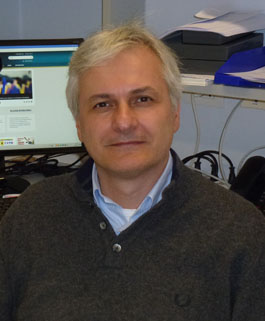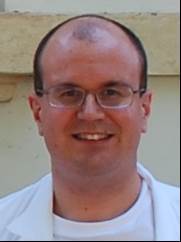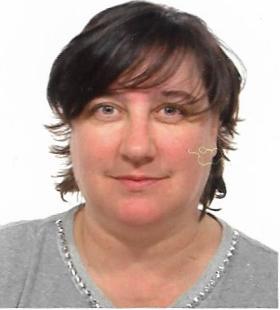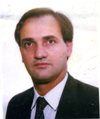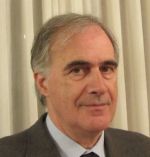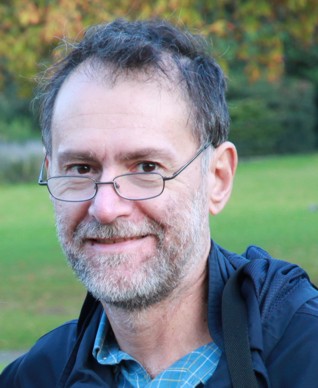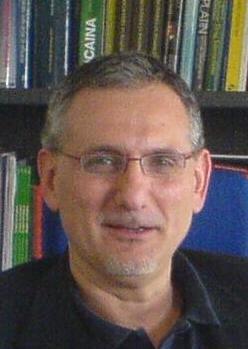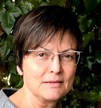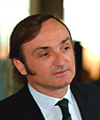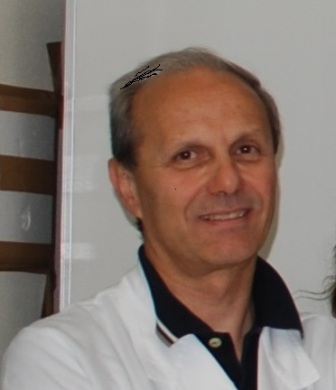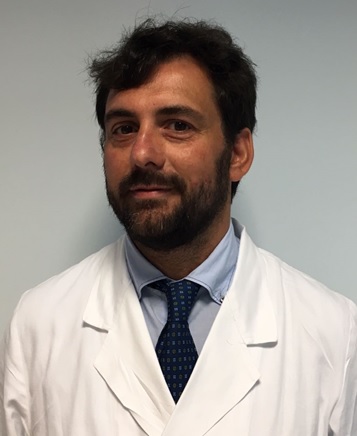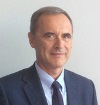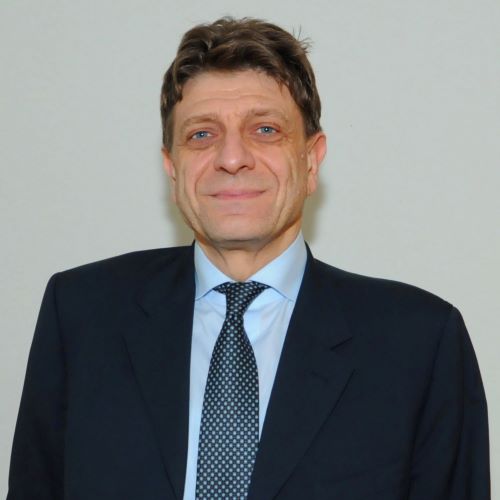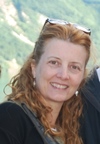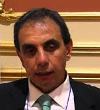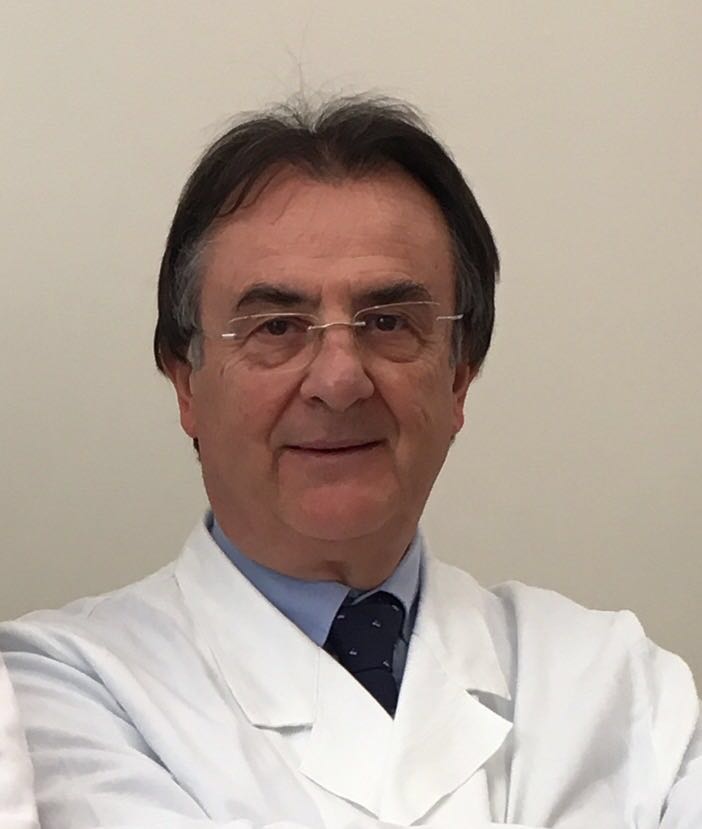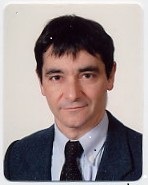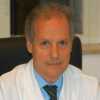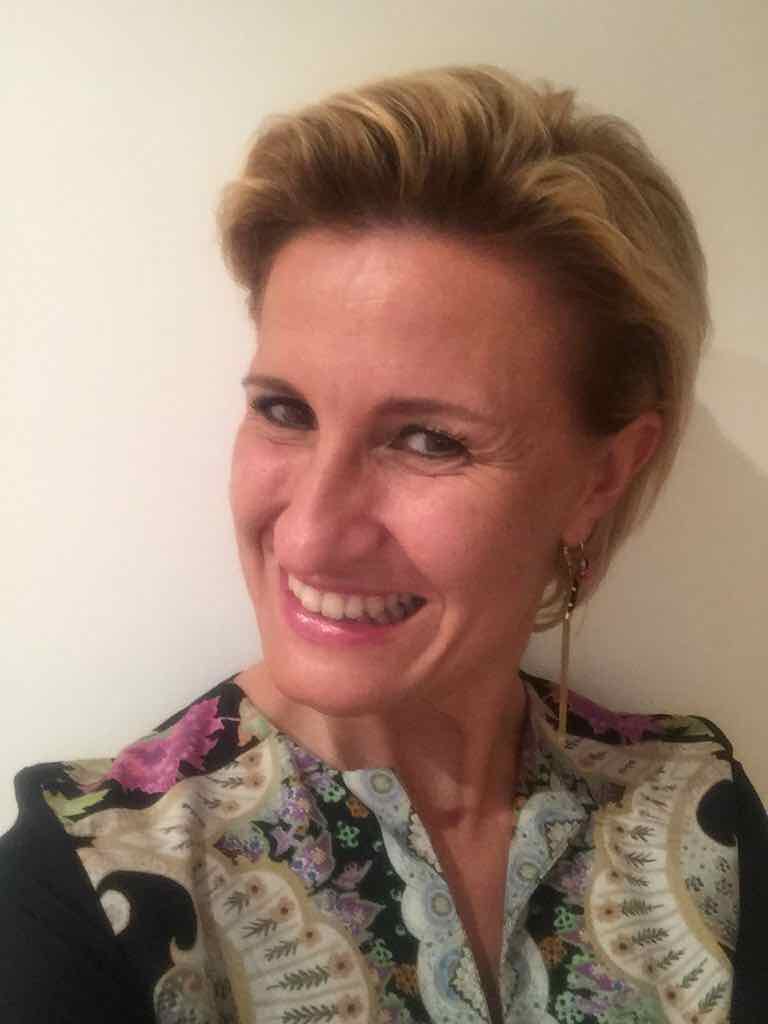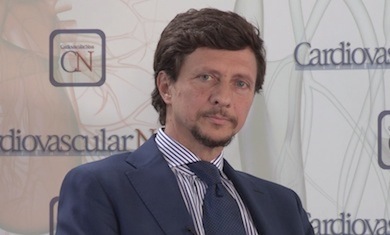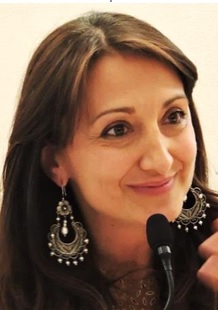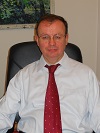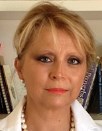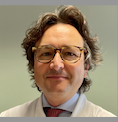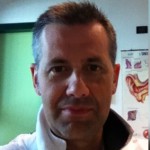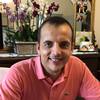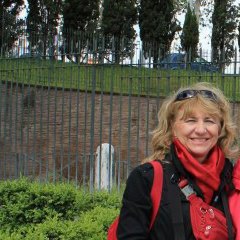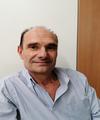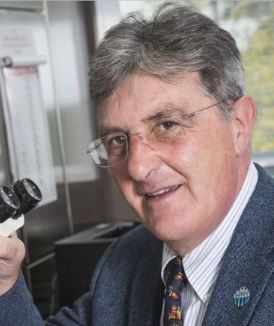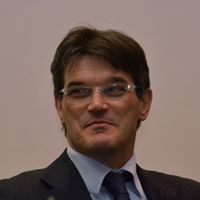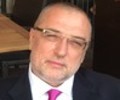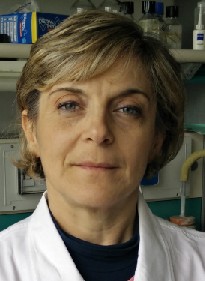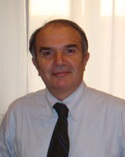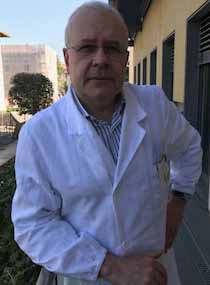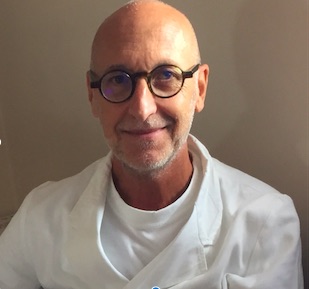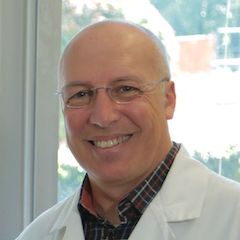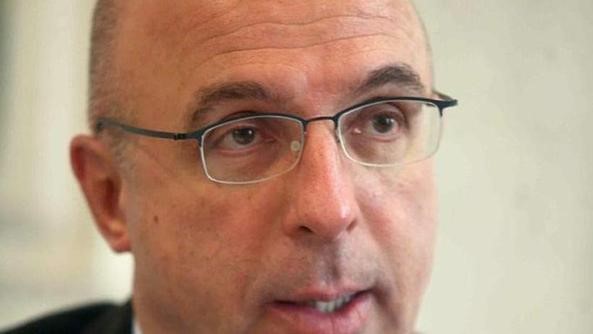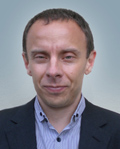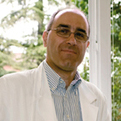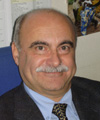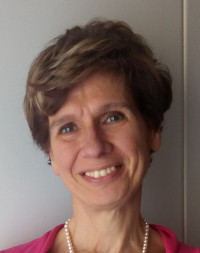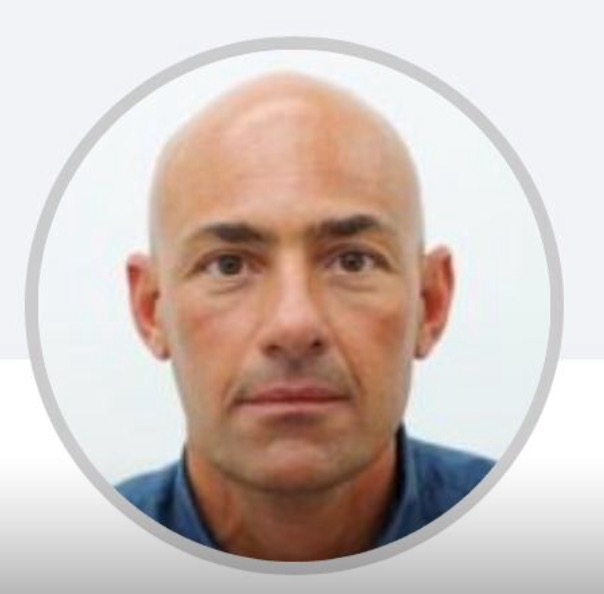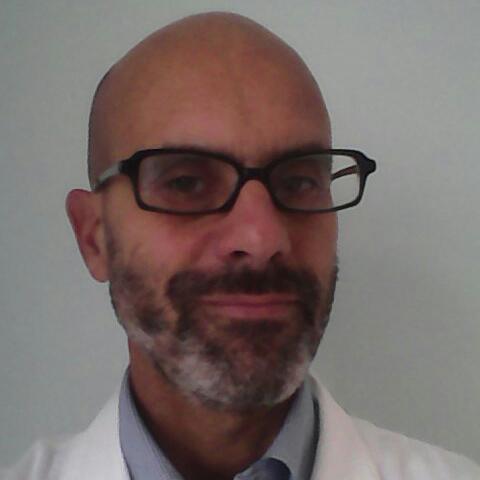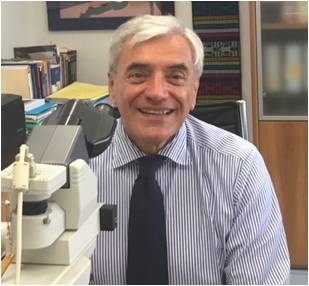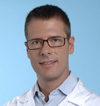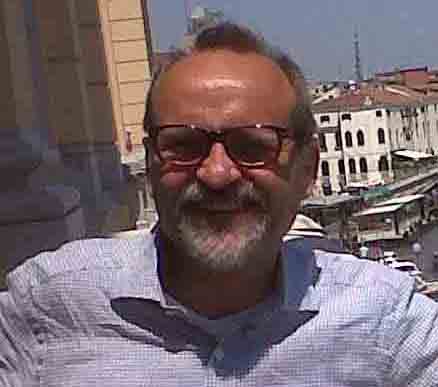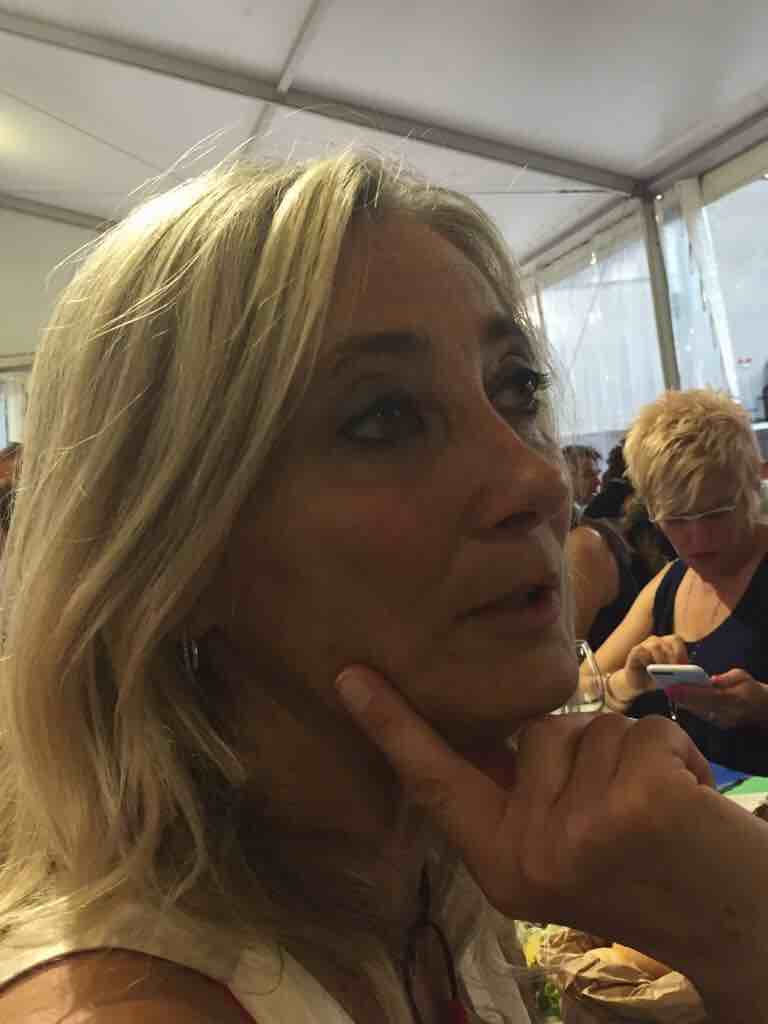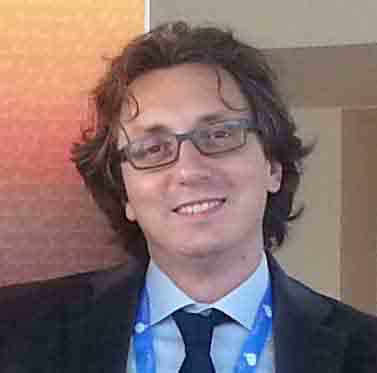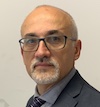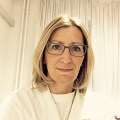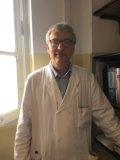Studying at the University of Verona
Academic calendar
The academic calendar shows the deadlines and scheduled events that are relevant to students, teaching and technical-administrative staff of the University. Public holidays and University closures are also indicated. The academic year normally begins on 1 October each year and ends on 30 September of the following year.
Course calendar
The Academic Calendar sets out the degree programme lecture and exam timetables, as well as the relevant university closure dates..
| Period | From | To |
|---|---|---|
| Lezioni 1° semestre - 2°-6° anno | Sep 30, 2013 | Dec 20, 2013 |
| Accoglienza matricole - ore 14.00 AULA MAGNA "G. DE SANDRE" - LENTE DIDATTICA | Oct 4, 2013 | Oct 4, 2013 |
| Corsi elettivi 1° semestre | Oct 7, 2013 | Dec 20, 2013 |
| Lezioni 1° semestre - 1° anno | Oct 7, 2013 | Dec 20, 2013 |
| Progress test nazionale | Nov 13, 2013 | Nov 13, 2013 |
| Corsi elettivi 2° semestre | Feb 24, 2014 | May 30, 2014 |
| Lezioni 2° semestre | Feb 24, 2014 | May 30, 2014 |
| Session | From | To |
|---|---|---|
| Iscrizione ai Corsi elettivi del 1° semestre | Sep 2, 2013 | Sep 29, 2013 |
| Iscrizione Progress test | Sep 2, 2013 | Oct 30, 2013 |
| Sessione per studenti fuori corso | Sep 30, 2013 | Sep 30, 2014 |
| Recupero saperi minimi Biologica/Chimica | Oct 15, 2013 | Dec 10, 2013 |
| Sessione invernale 1°- 5° anno | Jan 7, 2014 | Feb 21, 2014 |
| Iscrizione ai Corsi elettivi del 2° semestre | Jan 13, 2014 | Feb 16, 2014 |
| Sessione estiva 1° - 5° anno | Jun 3, 2014 | Jul 31, 2014 |
| Sessione autunnale (i laureandi di ottobre devono terminare gli esami entro il 22 settembre 2014) | Sep 1, 2014 | Sep 26, 2014 |
| Period | From | To |
|---|---|---|
| Festa di Ognissanti | Nov 1, 2013 | Nov 1, 2013 |
| Vacanze di Natale | Dec 21, 2013 | Jan 6, 2014 |
| Vacanze di Pasqua | Apr 17, 2014 | Apr 22, 2014 |
| Festa della Liberazione | Apr 25, 2014 | Apr 25, 2014 |
| Festa dei lavoratori | May 1, 2014 | May 1, 2014 |
| Festa del S. Patrono S. Zeno | May 21, 2014 | May 21, 2014 |
| Festa della Repubblica | Jun 2, 2014 | Jun 2, 2014 |
Exam calendar
Exam dates and rounds are managed by the relevant Medicine Teaching and Student Services Unit.
To view all the exam sessions available, please use the Exam dashboard on ESSE3.
If you forgot your login details or have problems logging in, please contact the relevant IT HelpDesk, or check the login details recovery web page.
Should you have any doubts or questions, please check the Enrollment FAQs
Academic staff
 amod101@yahoo.it; antonio.amodio@ospedaleuniverona.it
amod101@yahoo.it; antonio.amodio@ospedaleuniverona.it

Bassi Claudio
 claudio.bassi@univr.it
claudio.bassi@univr.it
 +39 045 812 4553
+39 045 812 4553

Boner Attilio
 attilio.boner@univr.it
attilio.boner@univr.it
 +39 045 812 7873
+39 045 812 7873

Cornaglia Giuseppe
 giuseppe.cornaglia@univr.it
giuseppe.cornaglia@univr.it
 045 8027196
045 8027196
 zenodebattisti@tiscali.it
zenodebattisti@tiscali.it
 roxannebarbara.doerr@univr.it
roxannebarbara.doerr@univr.it
 giuseppe.faggian@univr.it
giuseppe.faggian@univr.it
 marco.ferdeghini@univr.it
marco.ferdeghini@univr.it
 045 812 47 84 (Segreteria) 045 802 74 89 (Segreteria di Istituto)
045 812 47 84 (Segreteria) 045 802 74 89 (Segreteria di Istituto)
 davide.gatti@univr.it
davide.gatti@univr.it
 guido.martignoni@univr.it
guido.martignoni@univr.it
 oliviero.olivieri@univr.it
oliviero.olivieri@univr.it
 sara.pilotto@univr.it
sara.pilotto@univr.it
 daniele.prati@univr.it
daniele.prati@univr.it
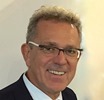
Scuro Alberto
 alberto.scuro@univr.it
alberto.scuro@univr.it
 +39 045 812 4413
+39 045 812 4413
Study Plan
The Study Plan includes all modules, teaching and learning activities that each student will need to undertake during their time at the University.
Please select your Study Plan based on your enrollment year.
1° Year
| Modules | Credits | TAF | SSD |
|---|
2° Year activated in the A.Y. 2014/2015
| Modules | Credits | TAF | SSD |
|---|
3° Year activated in the A.Y. 2015/2016
| Modules | Credits | TAF | SSD |
|---|
Microbiology and clinical microbiology
4° Year activated in the A.Y. 2016/2017
| Modules | Credits | TAF | SSD |
|---|
5° Year activated in the A.Y. 2017/2018
| Modules | Credits | TAF | SSD |
|---|
6° Year activated in the A.Y. 2018/2019
| Modules | Credits | TAF | SSD |
|---|
| Modules | Credits | TAF | SSD |
|---|
| Modules | Credits | TAF | SSD |
|---|
| Modules | Credits | TAF | SSD |
|---|
Microbiology and clinical microbiology
| Modules | Credits | TAF | SSD |
|---|
| Modules | Credits | TAF | SSD |
|---|
| Modules | Credits | TAF | SSD |
|---|
Legend | Type of training activity (TTA)
TAF (Type of Educational Activity) All courses and activities are classified into different types of educational activities, indicated by a letter.
Free choice courses
| years | Modules | TAF | Teacher | |
|---|---|---|---|---|
| 1° | Progress Test 1st year | D |
Giancesare Guidi
(Coordinator)
|
|
| 2° | Progress Test 2nd year | D |
Giancesare Guidi
(Coordinator)
|
|
| 3° | Progress Test 3rd year | D |
Giancesare Guidi
(Coordinator)
|
|
| 4° | Progress Test 4th year | D |
Roberto Leone
(Coordinator)
|
|
| 5° | Progress Test 5th year | D |
Roberto Leone
(Coordinator)
|
|
Surgery, Oncology, Orthopaedia (2017/2018)
The teaching is organized as follows:
CHIRURGIA GENERALE
Credits
2
Period
Lezioni 1° semestre 2°- 6° anno
Location
VERONA
Academic staff
Learning outcomes
Module: ONCOLOGIA MEDICA
-------
The student will be able to perform the diagnostic process about the most frequent surgical disorders, to do the indication to surgery and to understand the main principles of the most common surgical techniques. Moreover he/she will be capable of interpreting the functional changes and clinical pictures about the most frequent post-surgical syndromes, such as gastrectomy, colectomy, partial pancreatectomy, and to do indication to imaging procedures in gastrointestinal disorders that can be surgically treated. This knowledge will be implemented by a comprehensive imaging approach to the diagnosis of the main surgical syndromes. As for traumatology, the student will be able ti know the main disorders of the skeletal system and to know the main therapeutic approache to the mosto frequent disorders. In clinical oncology, the student will know the main malignancies, to approach them from a diagnostic and therapeutic point of view and to communicate properly with the patient affected by oncologic disorders.
Module: CHIRURGIA GENERALE
-------
The student will be able to perform the diagnostic process about the most frequent surgical disorders, to do the indication to surgery and to understand the main principles of the most common surgical techniques. Moreover he/she will be capable of interpreting the functional changes and clinical pictures about the most frequent post-surgical syndromes, such as gastrectomy, colectomy, partial pancreatectomy, and to do indication to imaging procedures in gastrointestinal disorders that can be surgically treated. This knowledge will be implemented by a comprehensive imaging approach to the diagnosis of the main surgical syndromes.
Module: MALATTIE APPARATO LOCOMOTORE
-------
As for traumatology, the student will be able to know the main disorders of the muscoloskeletal system and to know the main therapeutic approaches to the most frequent disorders.
Program
Module: ONCOLOGIA MEDICA
-------
Module: Medical Oncology
Students will be able to:
* define the main characteristics of the screening and to describe, in a critical way, the possibility of screening of the various tumours;
* list the main symptoms and warning signs concerning the different tumours;
* decide the diagnosis, the laboratory and instrumental iter regarding the suspected clinical symptoms and signs in case of tumours;
Module: CHIRURGIA GENERALE
-------
Clinic, diagnostics and therapy of the following diseases:
pathology of the breast: inflammatory pathology, benign and malignant tumors;
thyroid pathology: multinodular goiter, carcinoma
pathology of the adrenal gland: benign and malignant tumors
acute abdomen, acute and chronic peritonitis, circumscribed and diffuse, mechanical and dynamic occlusion, mesenteric infarct;
open and closed traumas of the abdomen;
high and low digestive bleeding;
pathology of the esophagus: changes in motility (achalasia and diffuse spasm), diverticula, hernia jatale and gastro-oesophageal reflux, carcinoma of the esophagus and of the cardia;
pathology of the stomach: peptic ulcer, carcinoma, pathophysiology of demolition
partial and total gastric;
pathology of the small intestine, the colon, the rectum and the anus: Crohn's disease and ulcerative rectocolitis,
diverticular disease of the colon, perianal abscess, fistula, hemorrhoid, fissure, carcinoma of the
colon, rectum and anus;
hepatic disease: abscess, echinococcosis, portal hypertension, benign tumors, malignant tumors
primitive and secondary;
pathology of the gallbladder and biliary tract: biliary lithiasis and its complications, obstructive jaundice, neoplasms of the biliary tract;
pancreas pathology: acute and chronic pancreatitis, exocrine carcinoma, endocrine tumors;
lung disease: pneumothorax, benign and malignant tumors;
hernias and laparoceles of the abdominal wall;
vascular pathology: abdominal aortic aneurysms, peripheral
Module: MALATTIE APPARATO LOCOMOTORE
-------
Muscoloskeletal traumatology.
Orthopaedic diseases in growth age: hip, spine, foot and ankle, tumors.
Muscoloskeletal diseases in adults: degenerative arthritis, sports injuries, infections, tumors. Conservative and surgical therapeutic approaches to the hip, knee, foot and ankle, spine, shoulder, elbow and hand diseases and deformity.
Bibliography
| Author | Title | Publishing house | Year | ISBN | Notes |
|---|---|---|---|---|---|
| Bartolozzi P., Castellarin. G., Pamelin E. | Malattie dell'apparato locomotore | Cortina | 2010 | ||
| Renzo Dionigi | Chirurgia | Masson Editore | 2017 | ||
| Angelo Raffaele Bianco, Sabino De Placido, Giampaolo Tortora e Pierfranco Conte | Oncologia Clinica 2/ed (Edizione 2) | McGraw-Hill Education (Italy) srl | 2016 | 9788838639845 |
Examination Methods
Write and oral examinations
Career prospects
Module/Programme news
News for students
There you will find information, resources and services useful during your time at the University (Student’s exam record, your study plan on ESSE3, Distance Learning courses, university email account, office forms, administrative procedures, etc.). You can log into MyUnivr with your GIA login details: only in this way will you be able to receive notification of all the notices from your teachers and your secretariat via email and soon also via the Univr app.
Erasmus+ e altre esperienze all'estero
Extra courses and activities
Opzioni (cambio di ordinamento)
Studenti iscritti alla classe LM/41 (Classe delle lauree magistrali in medicina e chirurgia)
Il MUR, con nota prot. n. 8610 del 25/3/2020 avente oggetto: “Abilitazione all’esercizio della professione di Medico-Chirurgo - art. 102 - Decreto legge 17 marzo 2020 n. 18 (convertito con modificazioni dalla L. 24 aprile 2020, n. 27), dispone l’adeguamento dell’ordinamento della classe LM/41 alle normative citate in oggetto.
Coloro i quali hanno concluso/concluderanno il tirocinio pratico-valutativo pre-lauream con giudizio di idoneità (ai sensi del DM 58/2018), conseguita la laurea, sono abilitati all’esercizio della professione di medico-chirurgo e possono procedere all’iscrizione presso l’Ordine dei Medici.
Rilascio del titolo di abilitazione
Ai fini del rilascio dell’abilitazione professionale è richiesto il pagamento delle seguenti tasse:
- tassa erariale pari a € 49,90 da versarsi prima che inizi la frequenza del tirocinio pratico valutativo
- tassa regionale di abilitazione da versarsi all’atto della consegna del titolo di abilitazione.
Studenti iscritti alla classe 46/S (Classe delle lauree specialistiche in medicina e chirurgia) e ordinamenti previgenti (attualmente fuori corso) oppure studenti iscritti alla classe LM/41 con coorti antecedenti alla coorte 2014 (attualmente fuori corso).
Il MUR, con nota prot. n. 8610 del 25/3/2020 avente oggetto: “Abilitazione all’esercizio della professione di Medico-Chirurgo - art. 102 - Decreto legge 17 marzo 2020 n. 18” dispone che, gli iscritti agli ordinamenti previgenti, con tirocinio pratico previsto post – laurea (ai sensi del DM 445/2001), ferme restando le norme sulla decadenza dagli studi, possono concludere il percorso di studio senza dovere necessariamente acquisire, ai fini dell’ammissione all’esame finale di laurea, il giudizio di idoneità del suddetto tirocinio pratico valutativo. In tal caso il diploma di laurea che rilascerà l’Ateneo avrà la sola valenza di titolo accademico. Resterà ferma, in ogni caso la possibilità per tali soggetti di conseguire eventualmente l’abilitazione all’esercizio della professione di medico-chirurgo in un momento successivo, secondo le modalità di cui al comma 2 dell’art.102, cioè conseguendo la valutazione del tirocinio prescritta dal D.M. n. 445/2001. L’Ateneo continuerà a predisporre un separato diploma di abilitazione.
Si ricorda che ai suddetti studenti è in ogni caso consentita l’opzione al nuovo ordinamento secondo i termini e le modalità previste.
Documents
| Title | Info File |
|---|---|
|
|
pdf, it, 525 KB, 14/06/21 |
|
|
pdf, it, 419 KB, 14/06/21 |
|
|
pdf, it, 377 KB, 12/12/23 |
|
|
pdf, it, 483 KB, 10/02/23 |
|
|
pdf, it, 481 KB, 10/02/23 |
Timetable
Documents
| Title | Info File |
|---|---|
|
|
pdf, it, 19 KB, 12/02/24 |
|
|
pdf, it, 18 KB, 28/02/24 |
|
|
pdf, it, 21 KB, 29/02/24 |
|
|
pdf, it, 21 KB, 27/02/24 |
|
|
pdf, it, 18 KB, 07/03/24 |
|
|
pdf, it, 12 KB, 21/02/24 |
|
|
pdf, it, 781 KB, 29/02/24 |
|
|
pdf, it, 280 KB, 29/11/23 |
|
|
pdf, it, 548 KB, 22/09/23 |
Graduation
Documents
| Title | Info File |
|---|---|
|
|
pdf, it, 353 KB, 28/02/24 |
|
|
pdf, it, 249 KB, 22/02/24 |
|
|
pdf, it, 354 KB, 22/02/24 |
|
|
pdf, it, 248 KB, 22/02/24 |
|
|
pdf, it, 351 KB, 22/02/24 |
|
|
pdf, it, 249 KB, 22/02/24 |
|
|
pdf, it, 104 KB, 25/09/23 |
|
|
pdf, it, 838 KB, 17/03/22 |
|
|
pdf, it, 826 KB, 27/10/21 |
